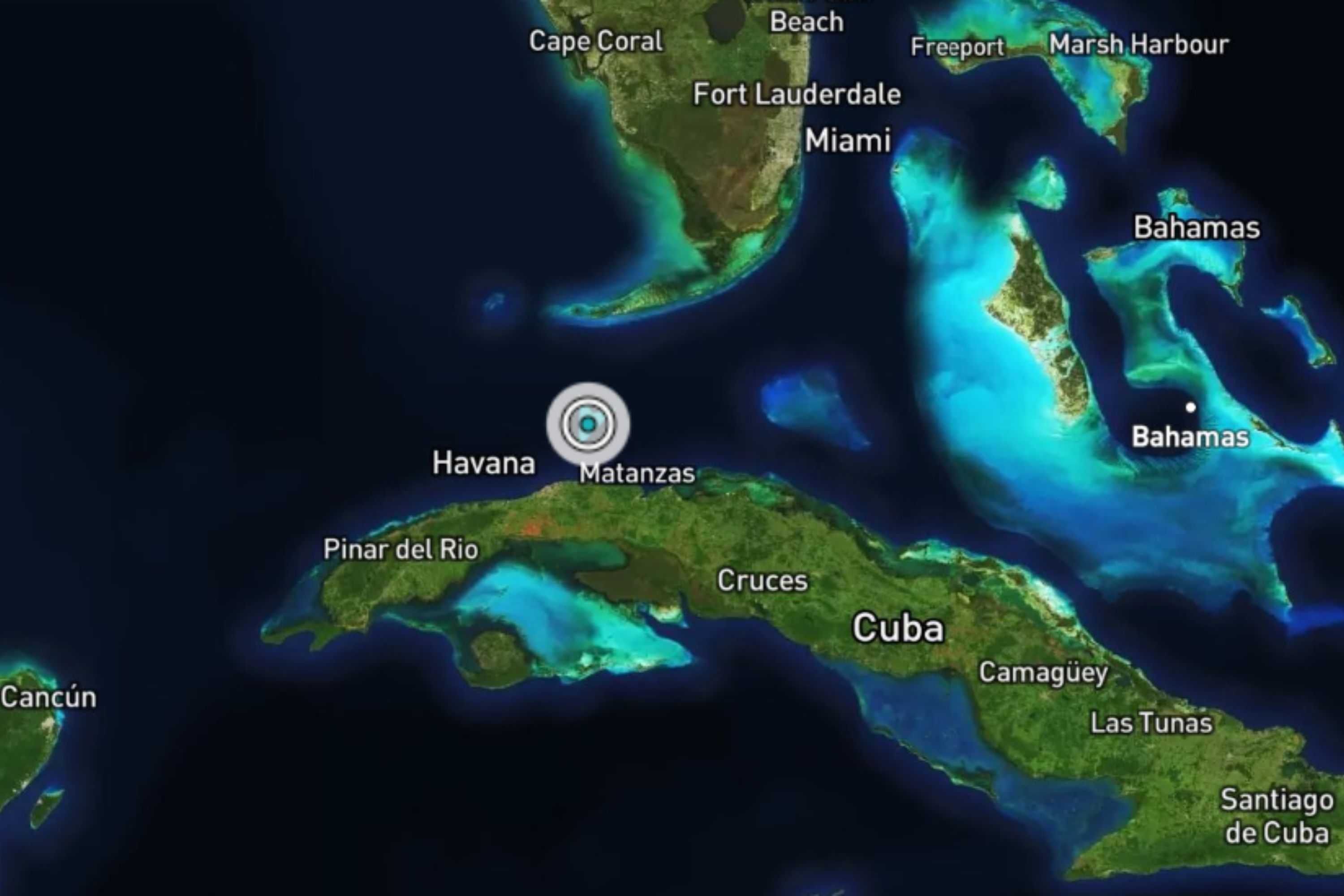Tired, questioning, and inspired. These conflicting emotions race through my mind in the days after returning from our nonprofit's ninth humanitarian relief trip to Ukraine.
In Ukraine, tulips are in full bloom. These red trumpets of spring standing bravely against the grey rubble of a bombed house seem like an act of defiance. Along the home's bullet-riddled fence line, iris leaves slice upward, promising brilliant summer blooms. A peony's new growth stretches among fallen boards in a yard riddled with a baby's crushed crib. Spring and Ukrainians are positively relentless.
For more than two years, our grassroots effort out of New England has represented average Americans' commitment to help average Ukrainians. Ordinary, everyday Americans have trusted and supported us to deliver food and trauma counseling directly into the hands and hearts of orphans and internally displaced children in Ukraine.
For several months, though, our volunteer partners on the ground and the Ukrainians we serve have questioned us about our nation's government and if it held the same resolve for these Ukrainian children and their families. Our friends personify courage and commitment yet know full well that a lack of U.S. military aid would send a strong and ominous message to Vladimir Putin and mean likely doom for a Ukrainian victory and hopes for its free, democratic future. As Ukraine fell from the headlines, is theirs the forgotten war, they asked? Are their lives and their children forgotten as well?

Then, while we stood on Ukrainian soil beside Ukrainians in desperate need of help, we livestreamed the House of Representatives' vote passing aid for the war-torn country. The Ukrainians beside us smiled widely with hope, exhaled forcefully with relief, and, in a flash, their faces tensed again as the full picture, the real everyday life-threatening risks, and the reality of the long, painful road ahead returned.
On this trip, Common Man for Ukraine went deeper into the eastern areas of the country, very close to the frontlines, with 18 tons of food. Our team of Polish Rotary Club partners has been bravely delivering food to these remote villages for the last two months, but this is the first time the four of us, the nonprofit's American co-founders, have had a chance to see up-front the horrific effects that continue to traumatize young children.
We saw Russia's thirst for indiscriminate conquest and destruction delivered upon small, remote, agrarian villages—places where the elderly, women, and children live in 24-hour anticipation of the next round of attacks. Here, Russian forces bombed very small, modest, working-class houses, riddling them with bullets, breaking the window glass and leaving thousands of holes in the homes' walls, in tree trunks, vehicles, fences, and hearts. Humble, working families who once toiled in the surrounding sugar beet fields now find their lands now unworkable, filled with countless thousands of small land mines. Yet, they greeted us—hesitantly, then warmly. In these areas live Ukraine's most vulnerable; the elderly, the women, and children, trying to stay safe, find food, and raise families in terrifyingly uncertain times. Women waited patiently for hours, holding a plastic bag to receive our delivery of food—enough for three weeks, they said—and, for the children, a small toy.
Less than a day after one of our volunteer crews delivered food to a southeast Ukrainian village, Russian forces attacked, reportedly killing one adult and severely injuring a 14-year-old boy.
The Senate has now passed, and the president has signed the bill we celebrated with Ukrainians.
We are grateful that the Ukrainian military will have reinforcements for its efforts, but the children near the frontlines and those in safe houses continue to need our support. Our collective humanitarian work does not end with a government aid package.
Despite the risks, the children and the most vulnerable citizens of Ukraine must continue to be all our focus to deliver food, warmth, supplies, and love to those in need. As brave as that tulip and as defiant as that peony, we, too, shall stand for these children.
Susan Mathison co-founded the New England-based grassroots nonprofit CommonManForUkraine.org, leads her local Habitat for Humanity affiliate, and worked for 30 years at the USDA Forest Service. Susan and her fellow international volunteers continue humanitarian aid trips to Ukraine, delivering more than 2 million pounds of food to child safe houses and operating a monthly residential trauma counseling program for Ukrainian children who have lost at least one parent in the war.
The views expressed in this article are the writer's own.
Uncommon Knowledge
Newsweek is committed to challenging conventional wisdom and finding connections in the search for common ground.
Newsweek is committed to challenging conventional wisdom and finding connections in the search for common ground.





